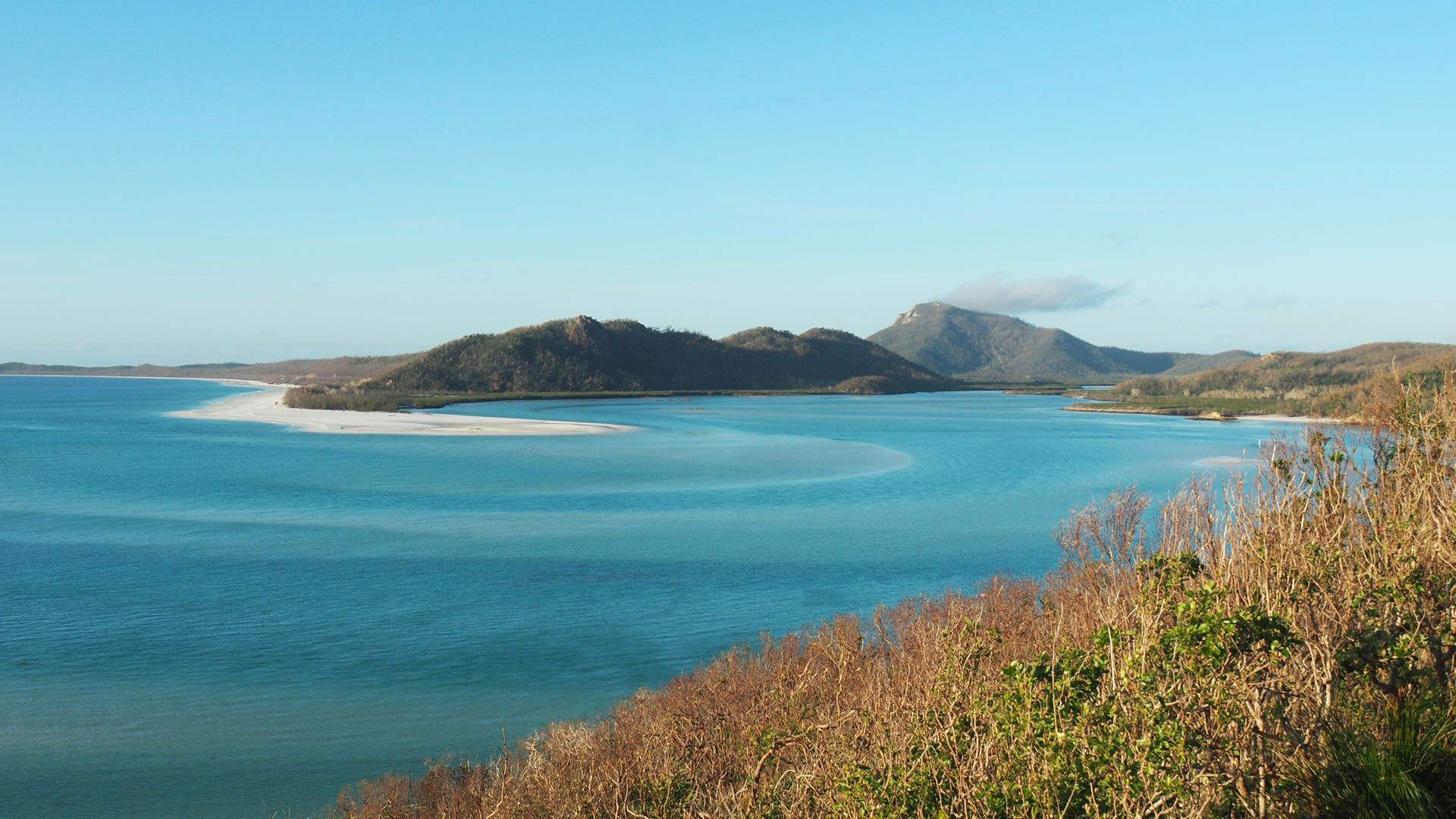You'll Soon Be Able to Snorkel Through Underwater Art in the Whitsundays
After a trial featuring four sculptures, six artists will create underwater artwork for the Great Barrier Reef Marine Park.
Already one of the most scenic areas in Australia, the Whitsundays are about to give visitors something else to look at — an installation of underwater and inter-tidal art. As part of the Whitsundays Reef Recovery and Public Art Project, six artists will create six artworks that'll sit beneath the sea, with tourists and locals able to snorkel and dive around them from the end of 2019.
Selected from 73 expressions of interest, Brian Robinson, Adriaan Vanderlugt and Col Henry will create their pieces individually, while Caitlin Reilly, Jessa Lloyd and Kate Ford, from the Arts Based Collective, will work together. And although everyone will have to wait a year to enjoy the underwater creations at Langford Reef, some of the artworks will be designed with a dual purpose.
As Lloyd explains, Arts Based Collective's contribution — called Anthozoa — "not only performs aesthetically in its sculptural form, but importantly doubles as a site for reef restoration. As the underwater form matures, visitors snorkelling and diving the site will see a sculpture festooned with a myriad of coral species, tentacles encrusted with soft and hard corals, marine animals sheltering in and peeking from small holes."
Other pieces include a turtle, manta rays, Maori wrasse, coral polyp and an indigenous sculpture, 'Bwya', that contains 12 local species of fish and sharks. Made out of concrete, stainless steel and aluminium, they'll be placed in spots accessible to snorkelers and scuba divers. Although they'll vary in size, the largest sculpture will span six metres in length.
The announcement follows a trial that began at the beginning of August, marking the first sculptures to ever be placed in the Great Barrier Reef Marine Park. Local artist Vanderlugt earned those honours, with four of his sculptures placed near Langford Reef — including a fish, a nudibranch (aka a type of mollusc) and a crab that ranged up to 1.8 metres long, and weighed around 300 kilograms.
Other than celebrating creativity, the Whitsundays Reef Recovery and Public Art Project aims give the region a new attraction, unsurprisingly. "This artwork will provide a new experience for people travelling to the Whitsundays and will help the marine tourism industry recover after Cyclone Debbie," said Queensland Tourism Industry Development Minister Kate Jones in a statement earlier this year. "Around the world — from the Caribbean, to the Maldives, Spain, Bali and Australia's west coast — underwater art has been used to lure visitors."
Images: Tourism Whitsundays / Lauren Vadnjal.





